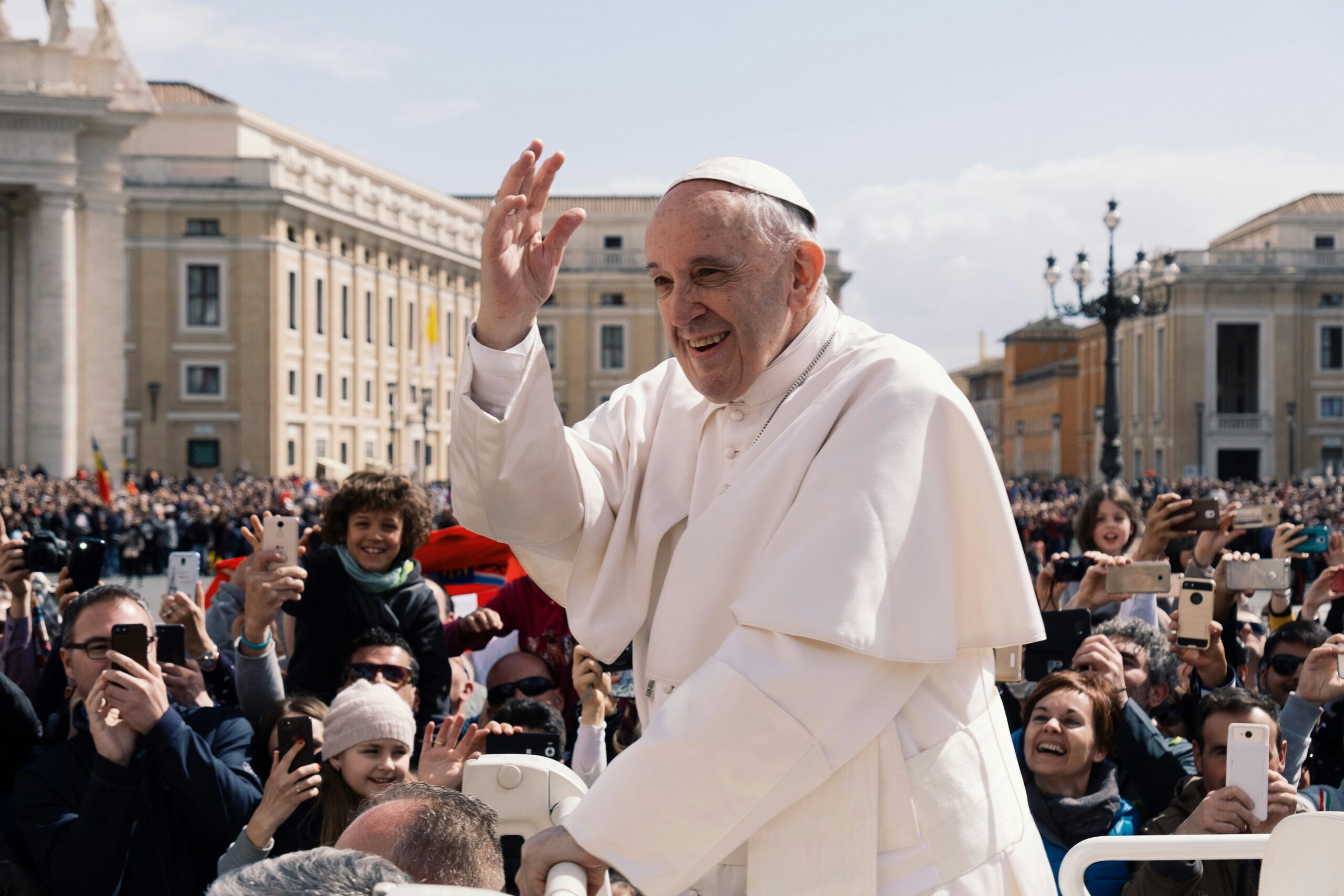
Photo: Ashwin Vaswani
I usually keep my focus on issues here at home—challenges that affect us as Americans. But with the world now turning its attention to the Catholic Church and the anticipation of a new Pope, I’ve been reading and reflecting on the legacy of Pope Francis—and what his message might mean for all of us, especially in this divided moment.
Pope Francis was a quiet force of moral clarity. He did not lead with thunder, but with presence—with the kind of courage that listens before it speaks, and acts before it judges.
He showed us what compassion looks like by living it; what peace looks like by preaching it around the world; and what leadership is because he embodied it.
At a time when leaders across the globe—and here at home—seem more interested in polarization than principle, Pope Francis showed us what compassion looks like by living it; what peace looks like by preaching it around the world; and what leadership is because he embodied it.
From the moment he stepped onto the balcony as the first pope from the Americas, the first Jesuit, the first to take the name Francis, he signaled a shift—not in doctrine, but in direction. His first words were not proclamations of power but a humble request: “Pray for me.”
In the years since, he has lived that humility. He has washed the feet of prisoners, embraced the disfigured, and called on the world’s wealthiest nations—including our own—to remember the poor, the refugee, the forgotten. He has challenged us to measure our success not by GDP or political wins, but by how we treat the most vulnerable.
That message matters deeply to Americans today. In the face of cultural warfare, rising intolerance, and the dangerous notion that empathy is weakness, Francis offers a counter-narrative rooted in the Gospel—and in common decency.
He tells us that mercy is not naïve. That caring for our planet is not political, but essential. That love—real, uncomfortable, sacrificial love—is not just an ideal, but a duty.
You don’t have to be Catholic to be moved by this. You just have to be human.
In 2015, he stood before the United States Congress and reminded lawmakers that “the yardstick we use for others will be the yardstick which time will use for us.” At that moment, the room grew still—not because of power, but because of truth. And in truth, there is always power.
Francis was not perfect. He knew that. But he led by example, not ego. He walked with the wounded. He spoke for the silenced. And in a time of disunion, he dares to whisper what many have forgotten: that grace is greater than grievance.
For a country struggling to remember who we are, perhaps it’s time to listen.
Comments











